Talk Overview
Yamamoto argues that the trait that separates the best scientists from the rest is the willingness to take risks. He takes Francois Jacob as an example and encourages young scientists to try bold and uncertain approaches to problems since taking risks in science is at the heart of discovery.
Speaker Bio
Keith Yamamoto
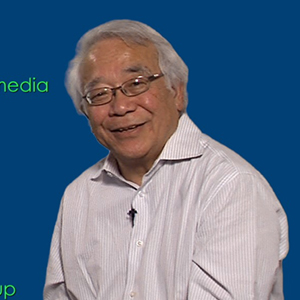
Professor, Cellular & Molecular Pharmacology; Vice Chancellor for Science Policy and Strategy
University of California, San Francisco Continue Reading
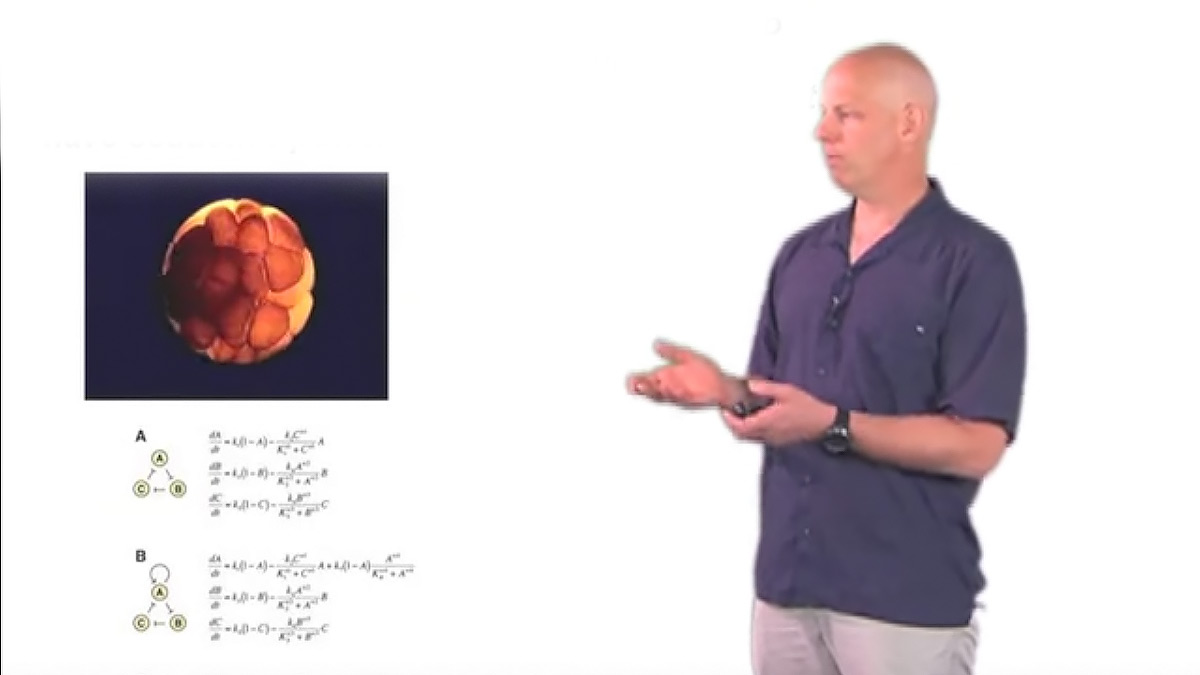
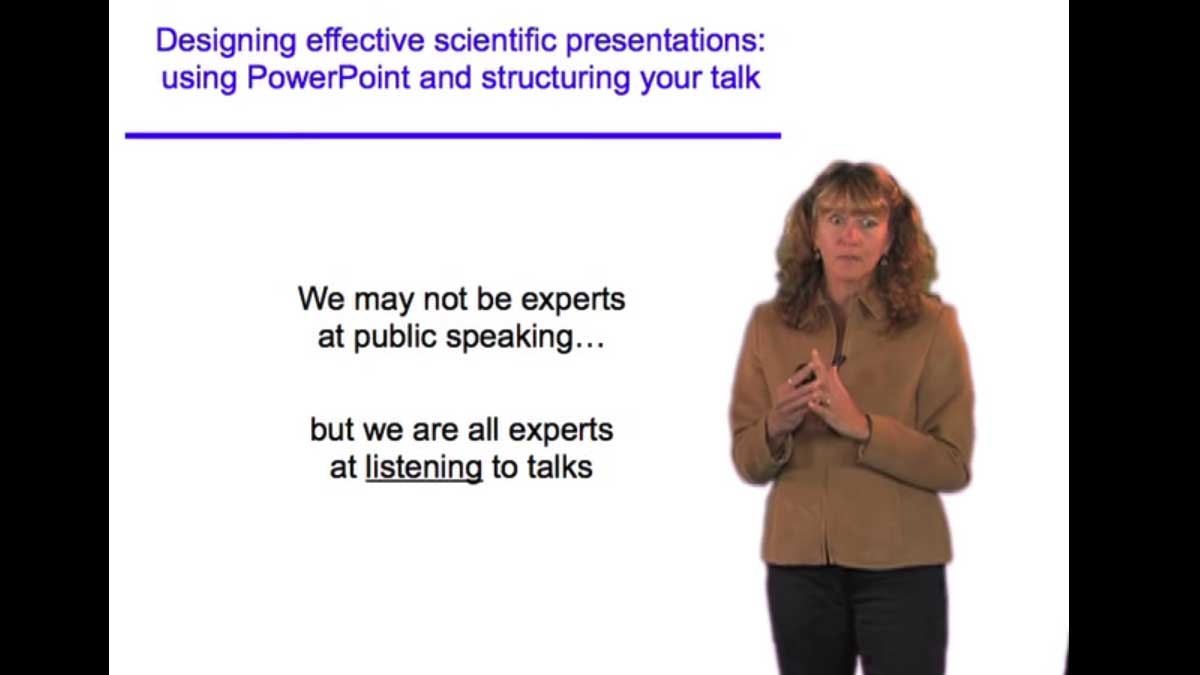

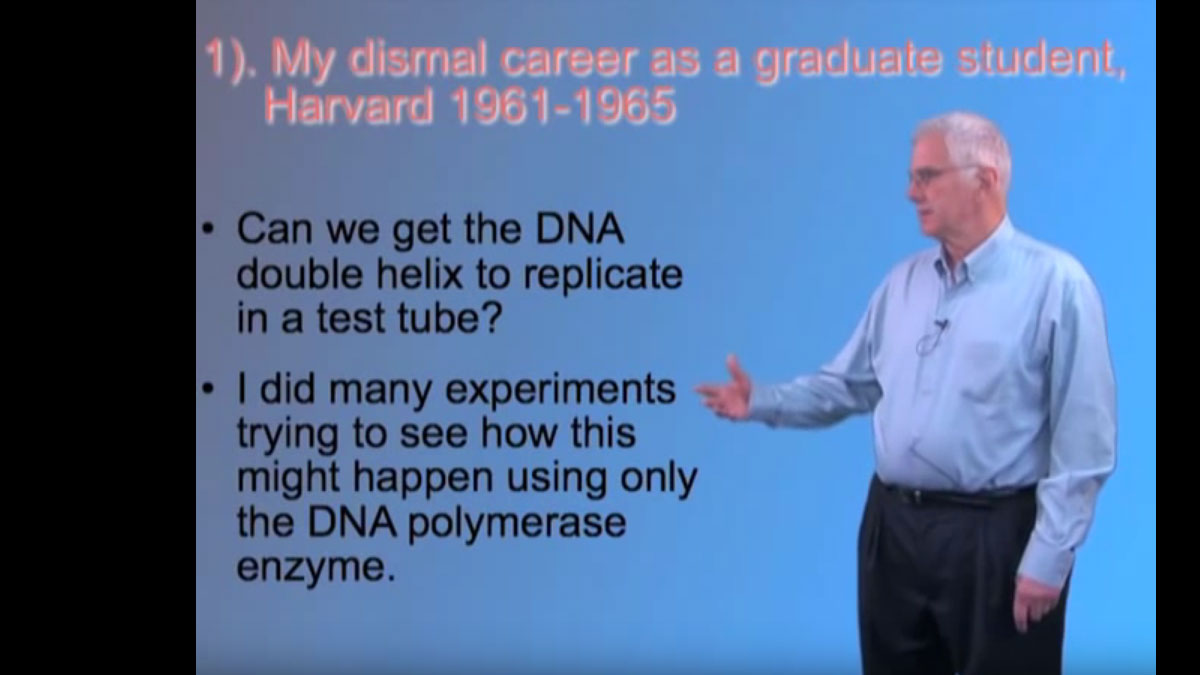
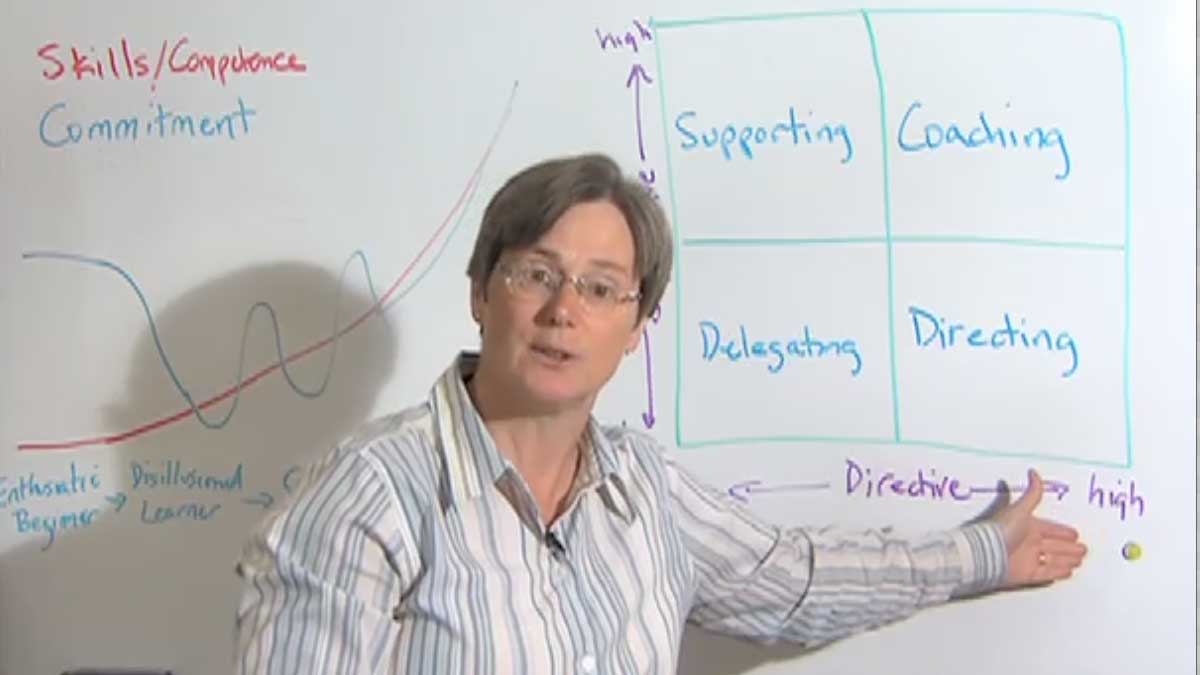




Evgeniy Surkov says
Yamamoto has expressed the view that risk-taking is crucial for pushing the boundaries of knowledge and driving scientific progress forward. He encourages scientists to pursue bold, ambitious ideas and to not be deterred by the fear of failure. According to him, failure is an inherent part of the scientific process and often provides valuable lessons that contribute to the overall advancement of knowledge.